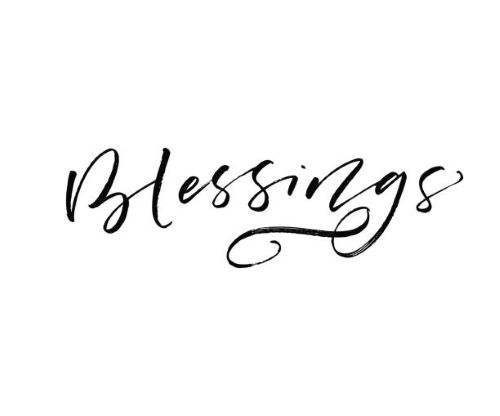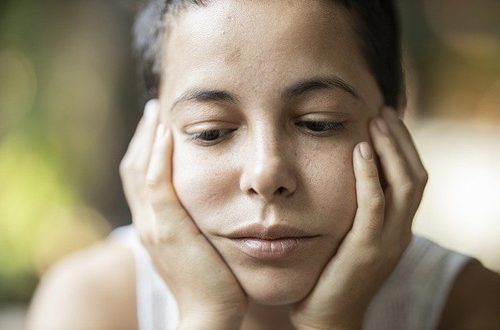
One New Year’s Resolution: Desert Blame and Develop Blessing
Perhaps you routinely do self-examination to start off the New Year. Some habits need to be developed and others need to be deserted. I unexpectedly found something God had for me to develop—blessing and to desert—blame. The passage in John 9 where Jesus heals the blind man born blind, revealed my need to develop discovering the blessings and desert finding the blame in difficulties. Let’s take a look at that passage. “As He (Jesus) passed by, He saw a man blind from birth. And His disciples asked him, ‘Rabbi, who sinned, this man or his parents, that he was born blind?’” (John 9:1-2).
From an Old Testament Jewish perspective, the disciples’ question of whose sin caused the man to be born blind seemed appropriate. Some Jews assumed suffering resulted from someone’s specific sin as indicated in Genesis 19:11(Sodom)and 2 Kings 6:18 (Syrian army). The Pharisees believed the blind man was born in utter (complete in degree) sin and refused to be taught by him (John 9:34). In Luke 13:1-5, Jesus addressed this popular idea as He rhetorically asked if personal sin is the reason for all sufferings which He answered with “No”. Also, a blind priest could not serve in the tabernacle because he would be considered unclean (Lev 21:18, 20). So, the disciples reflected the commonly embraced concept that suffering ensued from personal sin. The disciples focused on who to blame for this man’s blindness.
Jesus took a different focus on the reason for this man’s blindness as He answered the disciples, “It was not that this man sinned, or his parents, but that the works of God might be displayed in him (John 9:3).” The cause of the blindness was not the point; the purpose of the blindness was the point. The purpose was that the works of God might be revealed!
As I pondered these verses, I realized I find myself blaming others for difficulties in circumstances/relationships in life. My focus on trying to find blame is wrong. I thought through why I might try to pin blame on someone else. Maybe I blame others because it makes me look better than them. Or maybe I do not want to take responsibility for my actions. Or maybe I think others are in sovereign control. All of these responses are sinful. Pride prompts a lot of my responses. Moreover, to believe others are in control of my life is a lie because God is sovereignly in control of all (good and difficulties).
Jesus’ answer to the disciples’ question brought a new perspective to me. Instead of focusing on whose fault something is, I should focus on the works of God that are displayed. Certainly, I should take responsibility for any sin I have committed, confess, and repent. However, difficult circumstances/relationships can reveal the works of God. These works of God could be called blessings such as an enriched relationship with God, opportunity to bless God (to speak well of Him), or be a blessing to others in how I graciously respond in the midst of difficulties. I need to desert finding blame and be intentional in finding the works (blessings) of God that are displayed.
What works (blessings) of God do you or I notice in current difficult circumstances/relationships? What would 2024 look like if you and I deserted finding blame and instead developed discovering blessings in difficulties?
Image from “Clipground,” clipground.com, accessed December 20, 2023, https://clipground.com/images/blessing-clip-art-7.jpg clipground.com.




